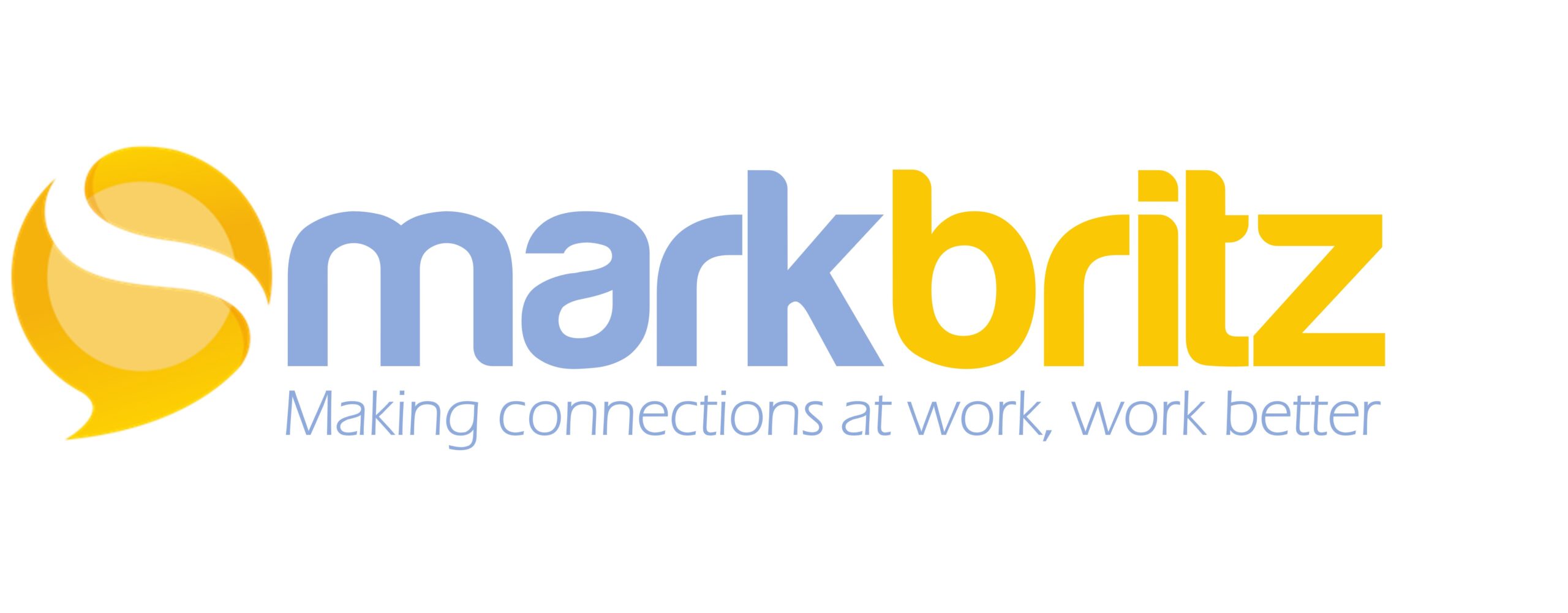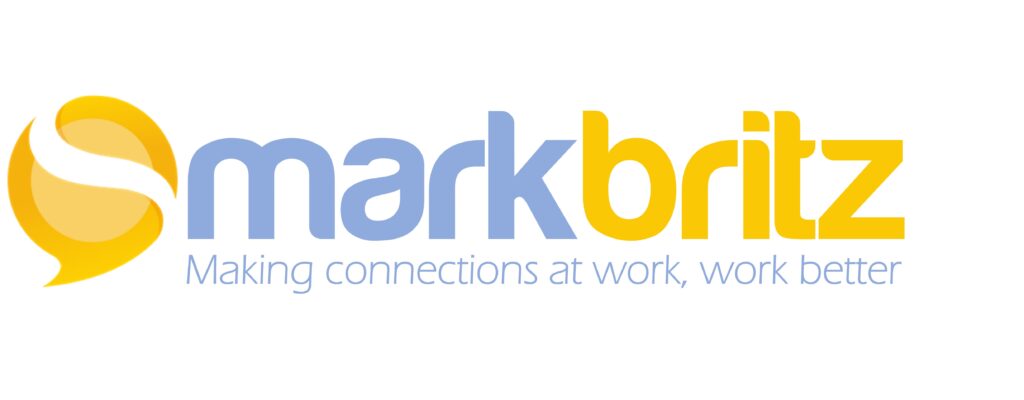You may remember the famous line in George Orwell’s Animal Farm, “All animals are equal, but some are more equal than others“. The idea is that some roles in organizations are more important than others in operating the business (a farm in this case). Today, many organizational leaders often carry the same titles across the business, i.e Manager, Managing Director, Sr. Vice President of…, etc. (as that’s convenient) but truly they are not seen or treated as equals. A manager in an operations role, one close to the work being done, one where revenue is made or lost is considered far superior in the eyes of the C-Suite than a L&D manager. And they all know it too.
Operations managers have learned through experience too that they can impact performance without L&D. Often their ideas can bring real value and are executed very quickly. When this happens, L&D sees it as getting lucky but to the Operations Manager and C-suite it is seen as a L&D value deflating act. lucky or not, the belief up top slowly gets cemented that anyone can do this learning thing and thus it leads to the some are more equal than others belief.
Sorry L&D, this won’t change with evermore new and flashy technology and approaches, more course offerings, mobile learning, microlearning, or games and gamification. These are mostly seen as add-ons in the corporate world, more push into the world of work but not of the world of work. The only way to shift course and have organizational learning be on par with other functions and departments is to become more a function of the work and become primarily department-less.
The late Jay Cross from his book “Work Smarter: Informal Learning in the Cloud” laid it out in this hypothetical pitch he gives early in the book:
“Next week, we will close the training department. We are shifting our focus from training to performance. Any remaining training staff will become mentors, coaches and facilitators who work on improving core business processes, strengthening relationships with customers and cutting costs.“
So, L&D leadership can remain subservient and kowtow to the “greater” managers and departments. They can remain on the outside looking in, nestled in their unique technologies, processes and roles awaiting information or worse, marching orders that only add to the disrespect. OR they can subscribe to the simple solution of getting closer to the work by focusing on the social and informal practices happening in they day-to-day activities of the employees they serve, not in the traditional effort to capture information and re-purpose it in a formal solution but rather to free information by reducing barriers to connection. This alone would surly begin the transition away from organizational second class citizenry… and not to mention improve performance.
BTW: I couldn’t find Jay Cross’s book in print, however a similar and more recent book of his to consider would be the Working Smarter Fieldbook (2011).

